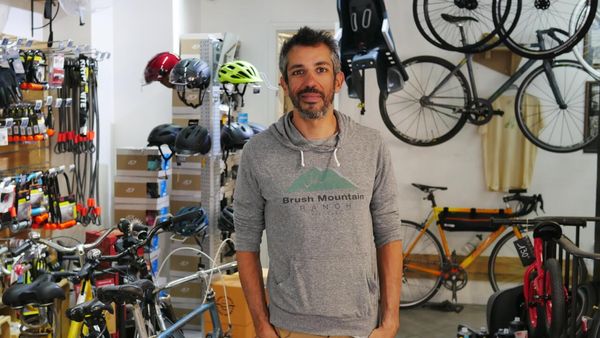It's easy for leaders to fall into an information-overload rabbit hole. Devouring data can be strangely comforting — because it makes you feel like you're on top of things. But it's also hard to crawl out if you're not an active learner.
The solution is to be a selective active learner. That means you should scan new information, find all the key insights and skip the rest.
That's the view of David Novak, co-founder and former chairman and CEO of Yum Brands, one of the world's largest restaurant companies. "An active learner is somebody who consistently seeks out ideas and insights and then pairs them with action and execution," he said.
The plus for an active learner is "their career progress is faster," Novak said. "Their teams are more creative and innovative. They build stronger relationships and feel more joy and fulfillment."
Novak, the author of "How Leaders Learn," says anyone can become an active learner. He lived in 32 trailer parks in 23 states before he was 13 years old. Yet he was leading a $13 billion global corporation by the time he was 46. "Being an active learner made that life trajectory possible," he said.
Develop An Active Learner System
It's easy to fall back on vague aphorisms like "I try to learn something new every day," Novak said. But true active learners are rigorous in their analysis and learning patterns.
"When I stepped into new roles, I followed a process for learning about root problems and business fundamentals that ramped up my knowledge fast — so that I could take the right action fast," he said.
This included diving for answers on what he determined was key while gathering data. Novak got there by constantly "asking better questions," he said.
Jump In To Be An Active Learner
Every time you take a step up the leadership ladder, Novak says, you become one step more removed from the fundamental work of front-line employees.
"If you're not careful, you become disconnected from some of the most important learning opportunities," he said. "Active learners make the effort to get exposed to the people and work that can make or break a team or company."
For example, in every leadership position Novak has had, he regularly spent time learning from employees doing work on the front lines.
"I made pizzas at Pizza Hut," he said. And "I rode delivery routes on PepsiCo trucks. I talked to line cooks at KFC all over the world. That's also the philosophy at DoorDash, where every employee spends time each month doing deliveries or working in customer service."
Pursue New Things Selectively
Not every "new" thing is going to advance your learning. And some might even slow you down, Novak says.
"The key is to analyze the opportunity first," Novak said. "Will it help fill gaps in your knowledge? Are there big, juicy problems that the opportunity can help tackle?"
Avoid Assuming
Back in grade school, we all had an "I know" kid in class. He's the one who, when offered advice about how to can improve, fires back with 'I know! I know!' instead of listening," said Mary Murphy. Murphy is a professor of psychological sciences at Indiana University and the author of "Cultures of Growth."
We can encounter the "I know" mindset in the business world, too.
"It's a sign that someone — and that someone might be us — has shifted into their fixed mindset," she said. A fixed mindset isn't open to change and learning.
In many cases, Murphy continues, this behavior indicates that the person is concerned about being seen as incapable or incompetent, if only for the moment.
Regardless of the reason, identifying this behavior pattern helps people put down their guard and open up to learning.
Learn By Giving And Getting Feedback
When it comes to giving feedback, try to make the process continual, Murphy says.
"Don't wait until an annual performance review, but instead offer feedback on an ongoing basis," she said. "And when you give it, be specific."
Help people understand what worked and what didn't so they know which behaviors not to repeat and which to double down on.
There is a residual effect for leaders: Leading by example includes welcoming feedback and "sharing your own stories of learning from failure, taking calculated risks and demonstrating a personal commitment to learning and growth," Murphy said.







